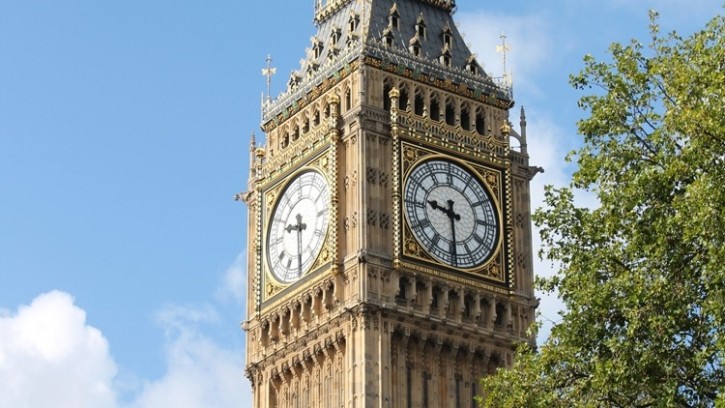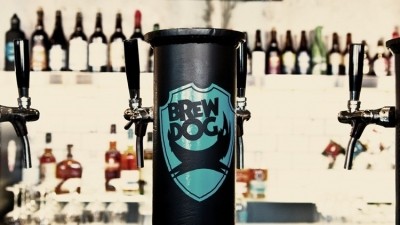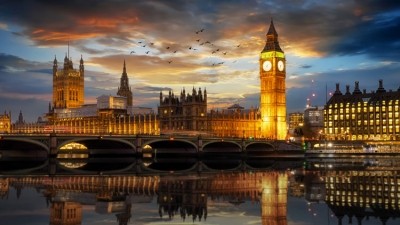Chancellor extends business rates discount for hospitality as he delivers Autumn Statement

Delivering his Autumn Statement this lunchtime (22 November), the Chancellor set out his ‘vision for growth’ that included what he described as the largest business tax cut in modern British history.
Other measurements set to impact the sector include a further extension to the freeze on alcohol duty until August next year; and reforms to reforms to the planning system designed to allow for faster planning applications.
The extension to business rates relief was considered by many industry voices to be crucial to the sector, with warnings of business failures, job losses and boarded up properties if it was withdrawn.
In his speech to the House of Commons, the Chancellor made clear that such support could not continue indefinitely, but confirmed it would do so for the next year.
This means businesses in retail, hospitality and leisure sectors will continue to receive a 75% discount worth up to £110,000 on their business rates bill next year.
The freeze on the small business multiplier has also been extended for a further year, with the Government saying this will protect around 90% of ratepayers for a fourth consecutive year.
However, the Chancellor added that the standard multiplier will rise, meaning those businesses whose property has a rateable value of £51,000 or more will see their business rates bills increase by 6.7% next April, in line with September’s headline rate of inflation.
Among the other proposals announced in the Autumn Statement was a further six month freeze on alcohol duty until August next year.
There was also a commitment to reform the planning system in order to allow for faster planning applications.
In effect this will grant local authorities the power to recover the full costs of major business planning applications in return for being required to meet guaranteed faster timelines.
If they fail, these fees will be refunded automatically, with the application being processed free of charge.
As had been trailed, the Chancellor also announced an increase in the National Living Wage, which is set to rise by almost 10% from £10.42 to £11.44 an hour in April next year.
Eligibility for the National Living Wage will also be extended by reducing the age threshold from 23 to 21-year-olds for the first time.
Meanwhile, National Minimum wage rates for younger workers will also increase. 18-20-year-olds will also get a wage boost to £8.60 per hour – a £1.11 hourly pay bump.
Outlining his plan, Hunt said: “Our choice is not big government high spending, high tax, because we know that leads to less growth not more. Instead, we reduce debt, cut taxes and reward work.”
As part of this the Chancellor also announced he would be introducing a 2% cut to Employee National Insurance from 12% to 10%, which will come into effect from January 2024.
Taxes for the self-employed will also be cut and reformed. From April 2024, Class 4 National Insurance Contributions (NICs) for the self-employed will be reduced from 9% to 8% and no self-employed person will have to pay Class 2 NICs, saving the average self-employed person on £28,200 a year £350 in 2024/25.
Reacting to the statement, hospitality leaders voiced frustration at the Chancellor’s failure to announce any additional support measures for the sector, beyond those already in place.



















